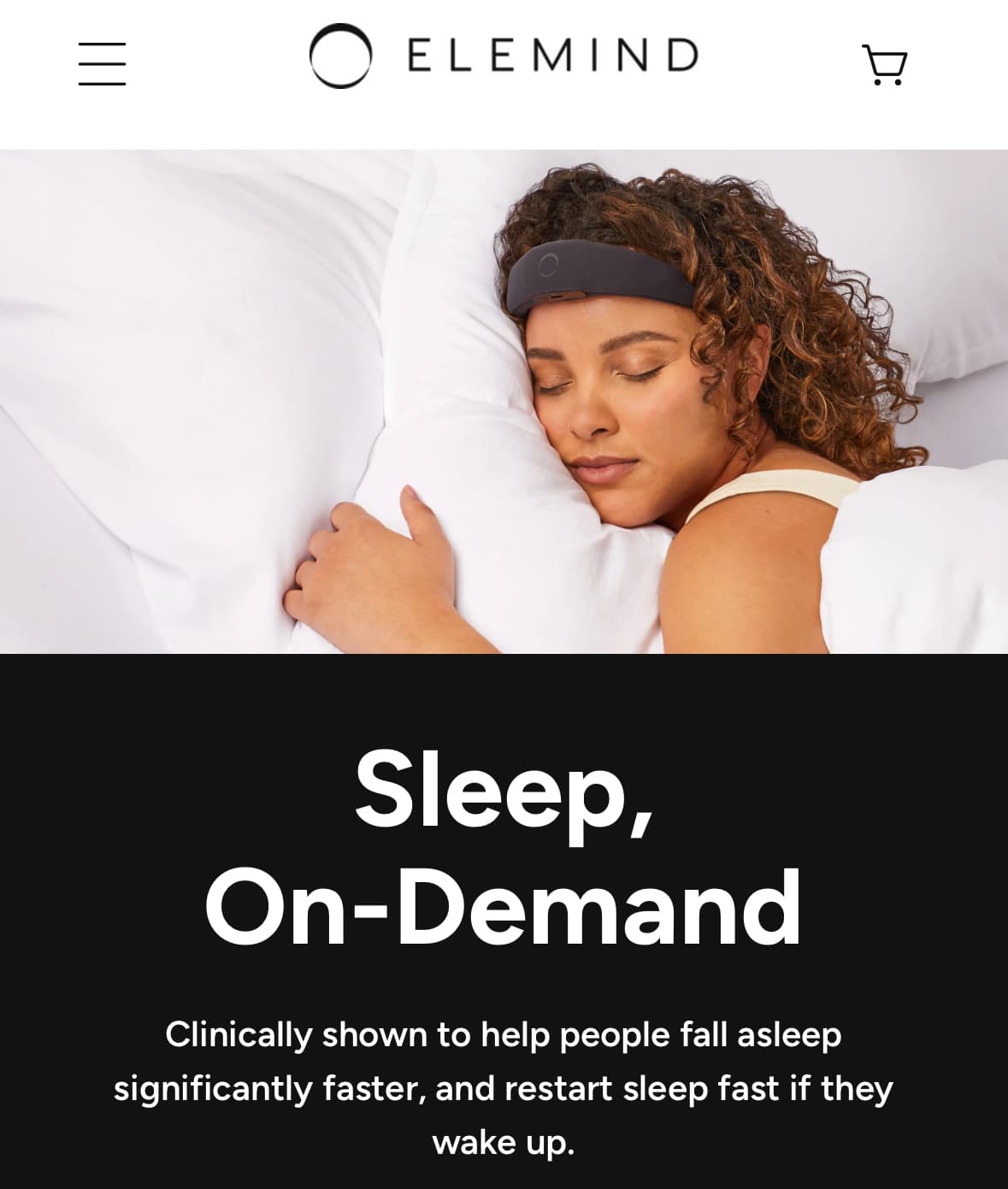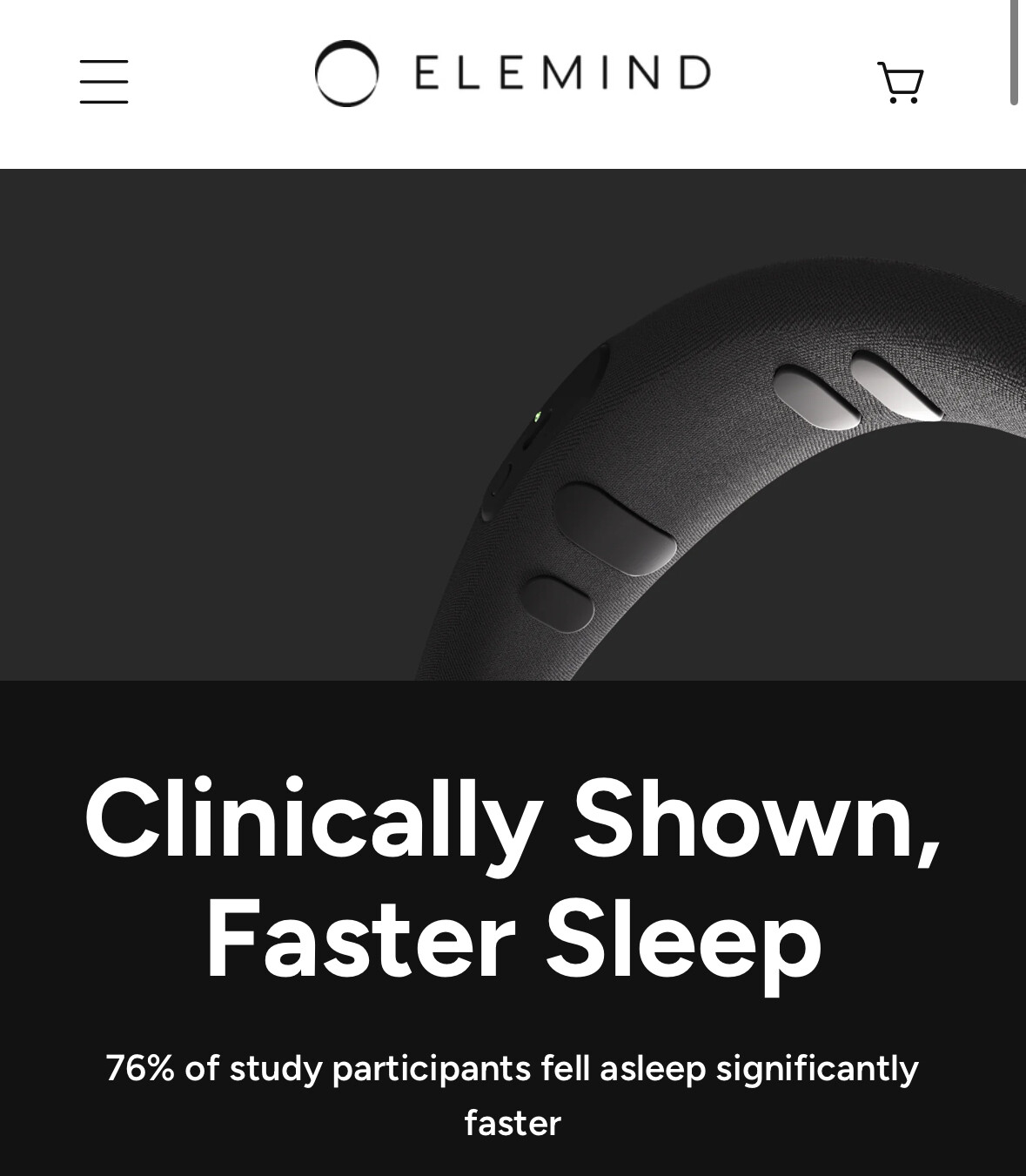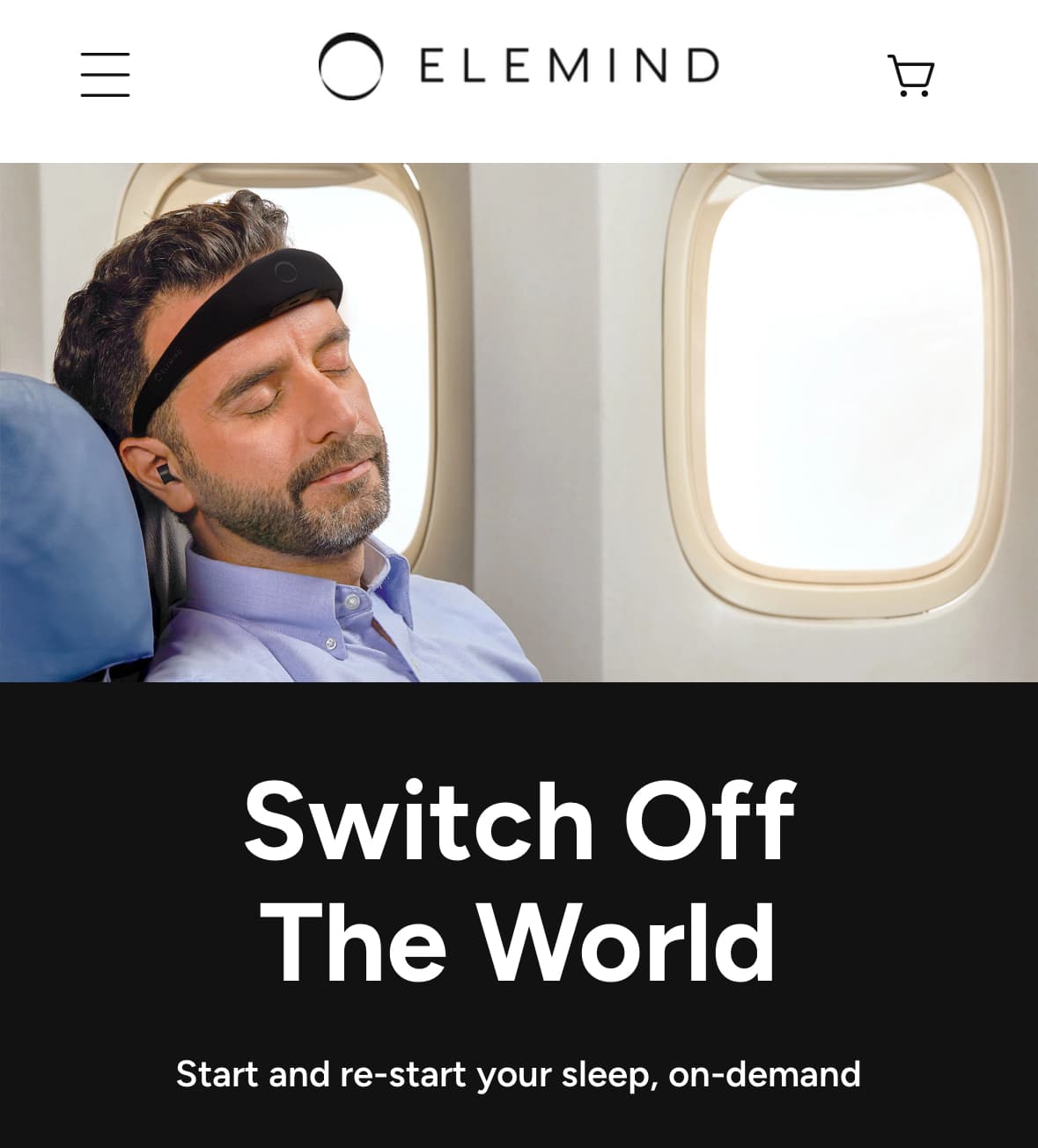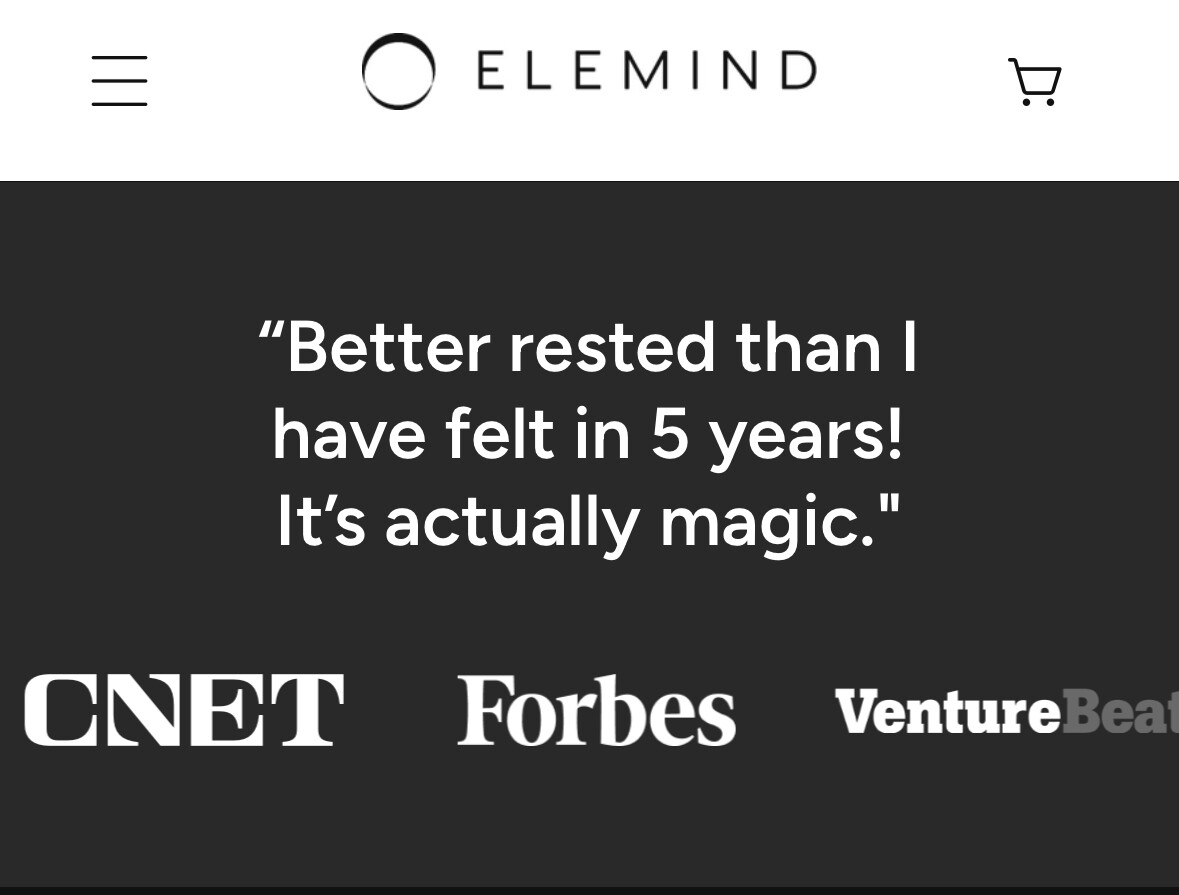In terms of sleeping longer, I would ask first if you are practicing sleep hygeine. Things such as hot baths/showers before bed, not drinking caffeine within 8 hours before bed, not drinking/eating 2-3 hours before bed, turning off electronic screens 1-2 hours before bed, etc.
If yes, then you could try magnesium or L theanine as a supplement and see if that helps. But I would say if you are getting 7-8 hours of sleep a night and not feeling tired in the mornings, then you really don’t need extra sleep.
I didn’t talk about it in my initial post, but 7-9 hours of sleep a night is well within the normal sleep range. Unfortunately the average adult currently gets less than 7 hours of sleep when I last looked at sleep stastitics, so that means the average person isn’t optimizing their sleep. Age is also a factor and other things can influence someones sleep duration, hard to tell due to individual variability.
Its perfectly normal to have awakening during the night, and its normal to have nights were you get less than 7 hours and sometimes more than 8 hours of sleep. If you have been feeling fine and sleeping fine, with no snoring or feeling super tired during the day, then I wouldn’t worry about your sleep duration too much, just as long as you are getting an average between 7-8 hours nightly for the most part. Another problem can also be the timing of your sleep. You could have genetic preferance for being a certain sleep phenotype( known as chronotype). Here is a quick questionare to find out your chronotype( https://chronotype-self-test.info/index.php?sid=61524&newtest=Y ). If you are trying to go asleep against your natural circadian rhythm, then your going to have issues staying awake or falling asleep along with staying asleep. Melatonin can help reset this timing. A good way to explain this could be night shift workers. We have a natural circadian drive to sleep during the night and stay awake during the day( we are diurnal creatures). What happens during night shift work, is that your circadian rhythm gets unsynched(makes sense since you aren’t following your natural rhythm in this scenario), but it gets even further complicated by the fact that when you try to go to bed during the day, you have a natural circadian drive to be awake. Essentially, while you may be able to sleep you actually fight against this sleep naturally due to our circadian rhythm, so you experience issues with staying asleep that is commonly seen in people who work shift work or night shift.
Another thing too, is how are we enhancing sleep? It’s an interesting concept, because what would you be enhancing? We measure sleep quality based on something called delta power. It is the energy of a wave in a specific frequency( the delta wave frequency in this case). In simplier terms, its the strength of cortical neurons firing synchronously during NREM sleep. Our thoughts are the greater the Delta power seen during NREM sleep, the greater sleep intensity and quality one is having. But again this is kind of hard to measure accurately. (Here is a paper that talks about different ways to measure sleep pressure.
(Period-Amplitude Analysis Reveals Wake-Dependent Changes in the Electroencephalogram during Sleep Deprivation - PMC) )
What exactly would we need to enhance in order to enhance sleep, especially when we know there are local differences in sleep states that can be brain region dependent. In other words, what exactly would you have to change in order to enhance sleep? Is it a specific brain region? A specific molecule? Electrical activity? Etc. Then on top of that, what sleep would it be enhancing? Would it be sleep in a local region or global sleep? Again gets very complicated.
Anyways, long story short, we don’t really know ways to enhance sleep in normal sleeping individuals. Focus on sleep hygeine and how you subjectively feel.



